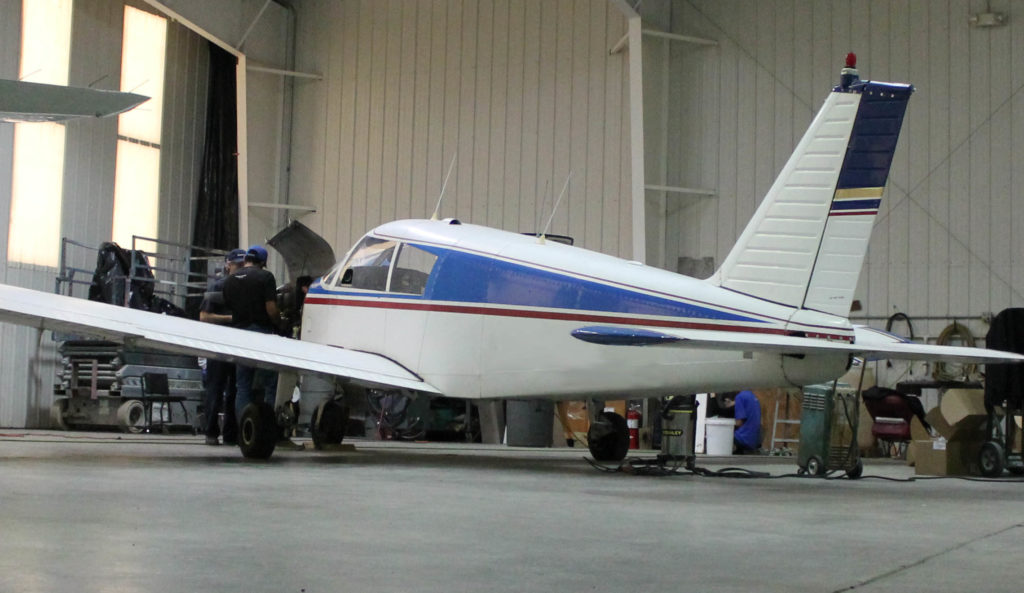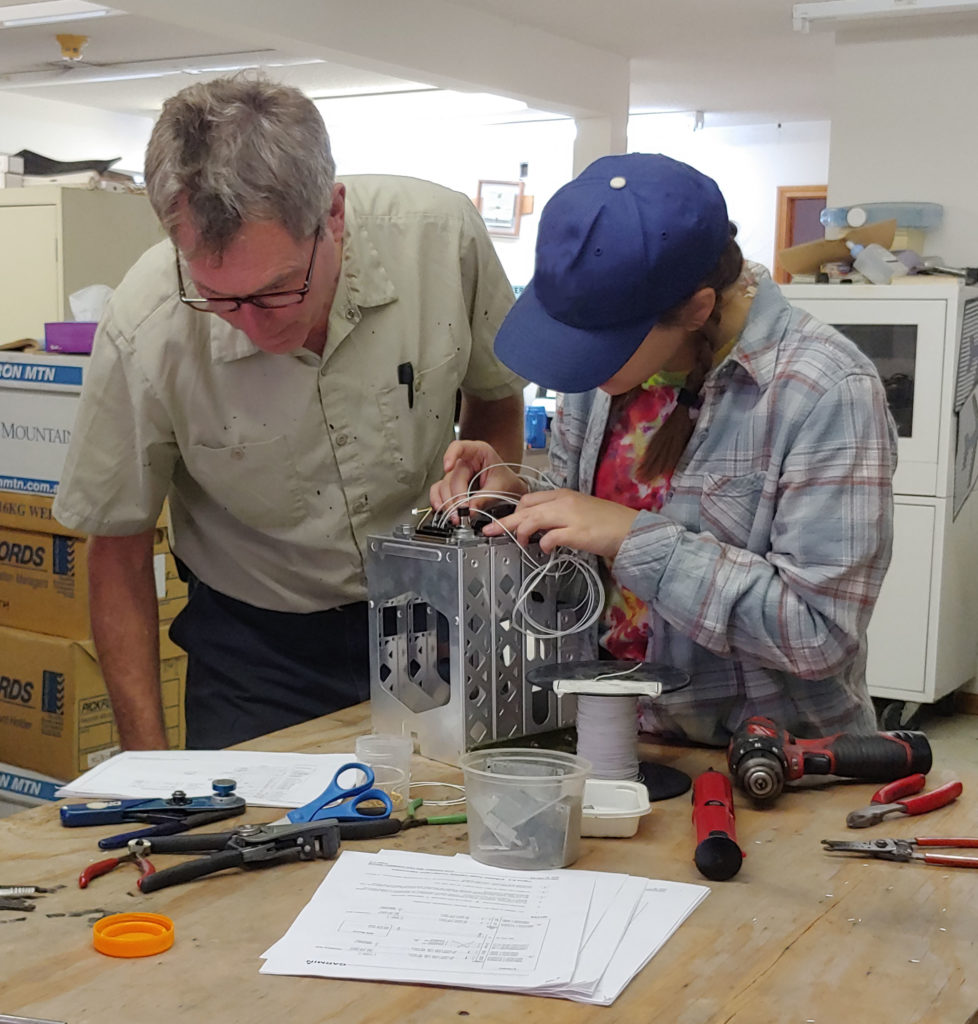Kansas City Group Educating Next Generation Aviators, Technicians
Believe it or not, the future of aviation is in America’s heartland — Ottawa, Kansas, to be exact. Ottawa is located on the outskirts of Kansas City, on the Kansas side of the border, some 30 miles southwest of the Garmin International headquarters. There a determined group of students are on a mission to give an aviation icon a 21st century makeover. The icon: a 1967 Piper Cherokee. The students — not yet enrolled in an aeronautical university — but rather a collection of ambitious middle school and high school students under the guidance of aviation industry professionals and mentors. The goal is not just to return the airplane to the sky but also to gain valuable aviation knowledge and technical skills.
The Aviation Explorers, the industry’s next generation
Founded in 2015, the Aviation Explorers Post 8000 was established as a nonprofit organization within the Boy Scouts of America. Its mission is to provide aviation learning and career-exploring opportunities for middle and high school students, as well as leadership and hands-on experiences that could translate to real-world career opportunities. Learning how to fly was a pillar for the group, and they were determined to find a way to reduce barriers and create more opportunities for aspiring young students to achieve this goal.

Vintage airplane, new avionics
Milton Scott — a lead aircraft maintenance technician in Garmin’s flight operations department — has been instrumental in helping establish the organization along with teaching and mentoring the students on the technical aspects of aviation. After helping to get the organization get off the ground, the Aviation Explorers received the generous donation of a 1967 Piper Cherokee. The goal was simple: return the aging airplane to airworthy status and learn about aircraft maintenance along the way. Having a flyable airplane in the organization would create a number of new opportunities, especially for those interested in learning to fly.
The original equipment in a ’60s-era airplane can leave a lot to be desired. So Garmin’s aviation team decided to help. They supplied a number of new cost-effective solutions tailored for training aircraft like Piper Cherokees, including a GNX 375 GPS navigator and ADS-B transponder, two GNC® 255 Nav/Comm radios and a GMA
375 GPS navigator and ADS-B transponder, two GNC® 255 Nav/Comm radios and a GMA 345 audio panel with BLUETOOTH® connectivity.
345 audio panel with BLUETOOTH® connectivity.
“The students worked on everything,” said Scott. “From setting up the radio racks, making the wiring harnesses, tying the wire harnesses, and installing the circuit breakers and headset/microphone sockets. They even tested all the wiring before applying power.”

After updating the avionics, the students helped complete the remaining maintenance tasks required to return the aircraft to service.
“Right now, the airplane is available for any of our students to use for flight lessons,” Scott added. “They just have to pay for gas.”
That was their idea from the beginning. And they have succeeded — several students have earned or are close to earning their pilot’s license in the organization’s Piper Cherokee.
What’s next?
Although the airplane returned to flight and its mission of teaching student pilots, there is always room for improvement.
“We’re already planning to install two Garmin G5 electronic flight instruments, a GAD 29 (compact GPS/navigation data interface adapter) and GMU 11 (magnetometer) later this year,” Scott said.
29 (compact GPS/navigation data interface adapter) and GMU 11 (magnetometer) later this year,” Scott said.
For more information about our latest cost-effective avionics solutions, visit Garmin.com/aviation.
The Bluetooth word mark and logos are registered trademarks owned by Bluetooth SIG, Inc. and any use of such marks by Garmin is under license.
The post Kansas City Group Educating Next Generation Aviators, Technicians appeared first on Garmin Blog.
https://www.garmin.com/en-US/blog/aviation/kansas-city-group-educating-next-generation-aviators-technicians/
